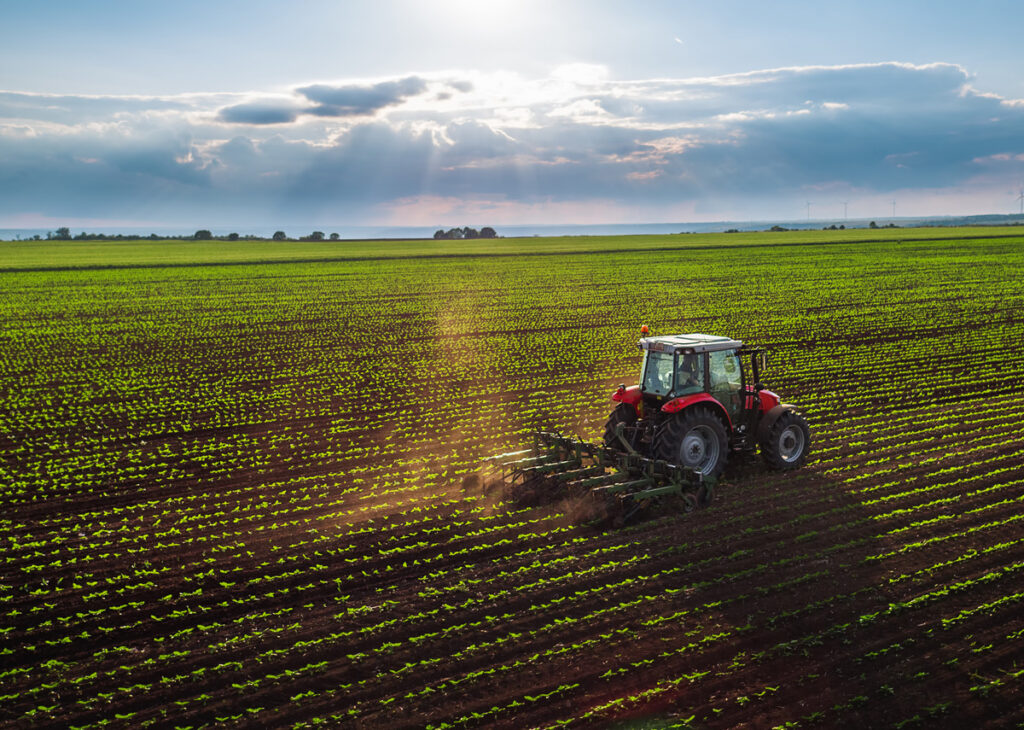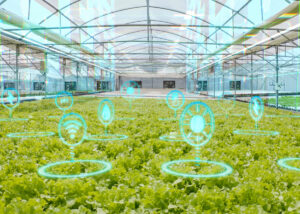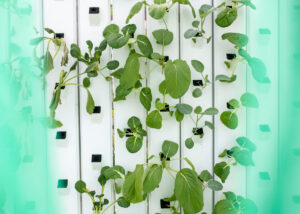Soil is one of the most critical factors affecting the successful growth of agricultural crops, as its organic structure helps your plants to flourish. However, it can be hard to control soil’s root development, nutrient availability and water retention properties – which is where Gelponics comes in.
Overview of Gelponics
Gelponics is a sustainable low-carbon growth substrate for plants that accelerates cultivation while reducing cost and complexity. Gelponics was created as a more environmentally friendly replacement for coir, peat and rock wool, and our products have been shown to save water, control fertiliser more effectively and reduce agriculture complexity.
We have three products at the moment:
- Gelponic Granules – ready for spreading or tilling in arable fields. They will reduce soil erosion, improve water retention, and degrade naturally into the soil. Our granules can also be used as a dressing on potted plants to enhance shelf life.
- Gelponic Sheets – are suitable for controlled environment agriculture (CEA) as they are easy to clean and sustainable to dispose of.
- Gelponic Plugs – suitable for a wide range of agricultural settings and plant types with the ability to hold all the oxygen and water required for healthy root growth.
The importance of soil in agriculture
Soil comprises four ingredients: dead organisms, living organisms, air and water. How these ingredients are structured is critical to how they interact with one another and how the soil supports plant growth (or not). Soil has four primary purposes:
- Provide plants with a root foothold
- Hold the necessary nutrients to allow plant growth
- Filter rainwater and regulate it to prevent flooding
- Buffer against pollutants through the storage of large amounts of organic carbon
Therefore, soil quality significantly impacts nutrient availability, water retention and root development.
Soil requirements for healthy crops
Soil health is “the optimum status of the soil’s biological, physical and chemical functions.” The five main factors that affect soil health are:
- Soil chemistry
- Soil structure
- Soil biology
- Organic matter
- Water infiltration, retention and movement
A healthy soil filters water slowly while retaining the nutrients and plant protection products needed for the crop to flourish. If there are not enough air spaces within the soil, then nitrogen can be lost, while excess rainfall can cause valuable nutrients to be lost through surface runoff.
Water management
Water is another critical element of agricultural success, but climate change and increased demand threaten supply. Agriculture contributes to the problem as controlled environment agriculture has high water requirements.
Using Gelponics as part of your growth media can help alleviate this problem, as it improves water retention and reduces water stress for agricultural crops.
Nutrient management
Nutrient management is matching nutrient (fertiliser and manure) input to crop demand to ensure an increase in crop quality and yield and a decrease in the amount of artificial fertiliser used. Suppose more nutrients are added to the soil than the crop can use. In that case, this can lead to ammonia or nitrous oxide being leaked into the air or nitrates and phosphates being leaked into watercourses – which is harmful to the environment.
Gelponics non-synthetic hydrogel formulation reduces the possibility of soil erosion but can also help with nutrient retention and release to optimise plant growth.
As you can see, considering soil requirements and using Gelponics products as a dressing is vital for successful agriculture crop cultivation. If you have any questions on this or any of our work, please get in touch with us via:
- Phone on 07867 502 247
- Email at contact@aehinnovativehydrogel.com


